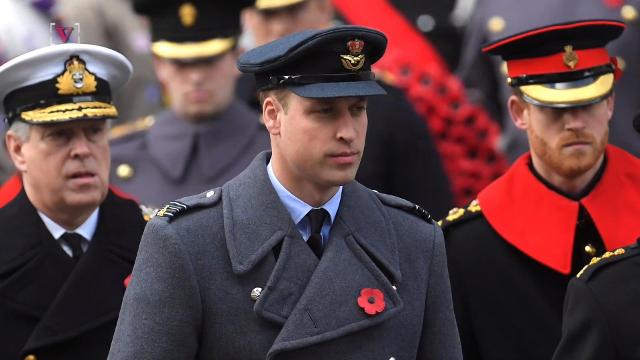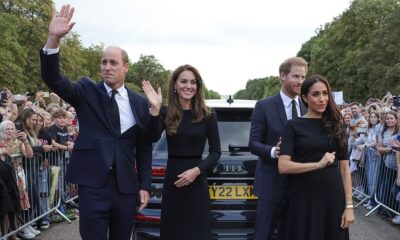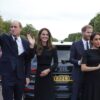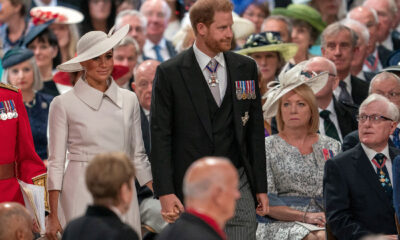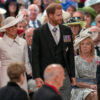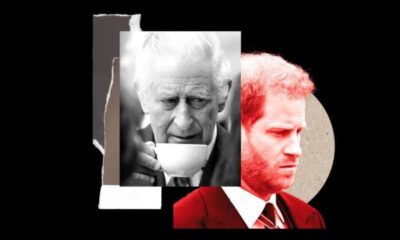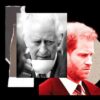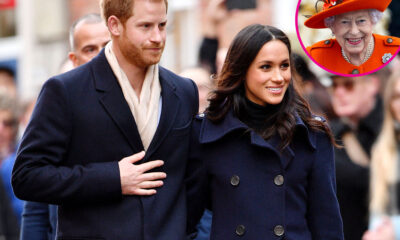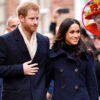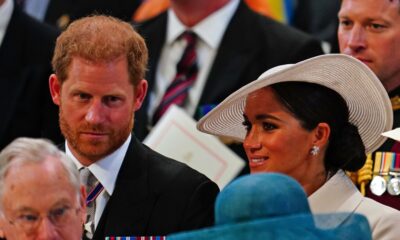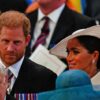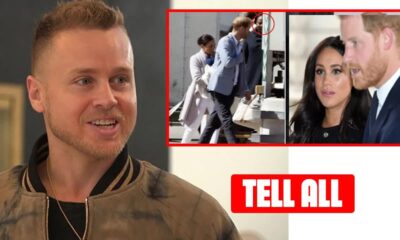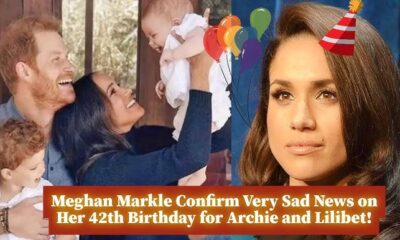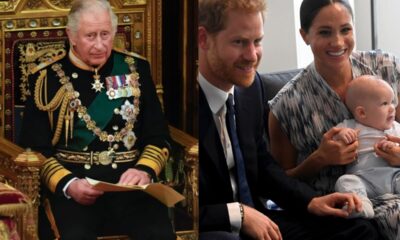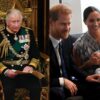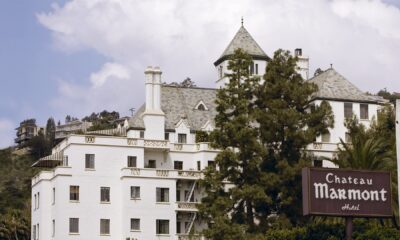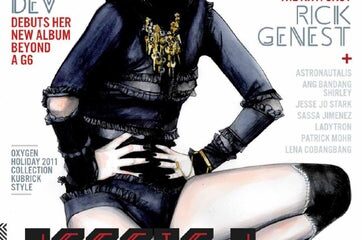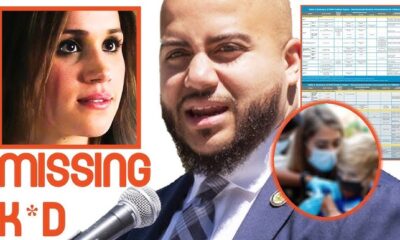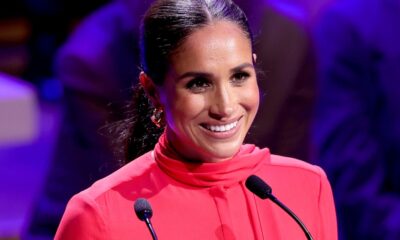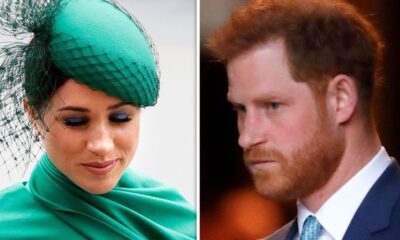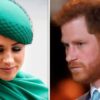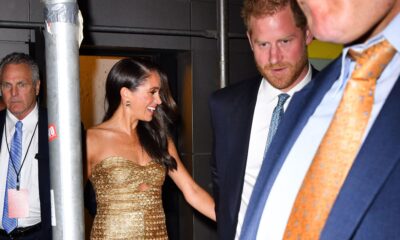Royal Family News
Prince Harry Breaks Military Rules by Wearing Beard on Remembrance Sunday
Prince Harry, a retired British Army officer, has recently caused controversy by wearing a beard while in an official army uniform on Remembrance Sunday.
The 33-year-old appeared with prominent ginger facial hair at the Cenotaph in London as a senior Blues and Royals officer, breaking military rules that forbid all beards except in a few rare circumstances.
A serving member in the elite Calvary regiment expressed his disappointment, stating that “Prince Harry is letting us all down, there's no place for beards in the Queen's Calvary, he should have shaved it off for such an important day.”
British Army regulations only allow beards in certain situations, such as when a soldier has a skin condition or for religious reasons.
Sikhs are permitted to retain their beards while in uniform due to their religion's beliefs.
Special forces and those on covert operations are also allowed to grow beards behind enemy lines, but they would not wear them on parade.
Pioneer sergeants are an exception to this rule and are allowed to wear beards while on official duty, but members of the Queen's personal guard have never been permitted to do so.
Trending:
The Blues and Royals is one of two cavalry regiments of the Household Calvary, the other being the Life Guards.
It can trace its history back to Oliver Cromwell's New Model Army of the 17th century.
Throughout the centuries, officers have been known for their clean-cut appearances, although some occasionally grew mustaches and connected side whiskers, especially when serving in Muslim countries.
The Royal Navy, in which Prince Harry's father, Prince Charles, served, has always allowed beards, but officers are told to shave them off if they are not full enough.
As the Colonel-in-Chief of the Blues and Royals, the Queen is responsible for ensuring that military regulations are followed.
Prince Harry left the army in 2015 after being commissioned as a cornet, the equivalent of second lieutenant in the Blues and Royals, which is the second most senior regiment in Britain after the Life Guards.
Although he now concentrates on charity work and other royal duties, he would normally be expected to abide by military regulations when in uniform.
Top stories:

